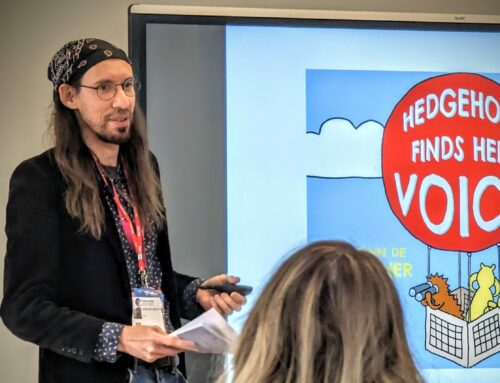Reporting a crime might feel scary or difficult, it can also seem an overwhelming decision to make.
The good news is there are several ways to report crime and we are here to offer support and advice on the best option for you. Even with great support in place there can still be barriers preventing you reporting a crime. These are three common barriers facing young people when it comes to reporting crime.
Know YOUR rights
You may not realise you have rights as a victim of crime, let alone what they are. The Victim’s Code outlines what rights you have and what you should expect to happen when you report a crime. We can help you understand the Victim’s Code, ensuring your rights are met and that you feel confident and safe to report to the police if that’s the route you decide to choose. You don’t always have to report something to the police. You might want to report to a trusted adult within your family or within your school or college instead, but this is something we can help you decide.
It’s about making the right choice for you AT the right time. Other options exist, like third party reporting; True Vision or CrimeStoppers. You can also report non-emergency incidents to the police 24/7 by calling 101.
It Can Be Scary
Young people often tell us they are worried that the crime they’ve experienced won’t be taken seriously or they are scared about what might happen when they tell someone. Contacting the police can be a daunting and scary experience, but we can help you and give you any reassurance you need. Remember, it is not your responsibility to decide whether what happened to you is or isn’t a crime. If you think you have been a victim of crime, you have the right to report it and you have the right to access help from services like Victim Support, regardless of the type of crime, or when it happened, and whether or not you have reported it.

Gatekeeping
Adults can play an important role in empowering a young person to feel confident to speak out if they’ve experienced a crime. Sometimes young people try to tell an adult that something has happened, only for the adult to minimise it through a lack of active listening or by trying to deal with it “in-house.” However, specialist services, like Victim Support, can offer expert advice and support. Whether you are a parent, teacher or any other professional and would like to know more about how we can support your young people then get in touch with us.
Summary
Remember, if you are worried that you or someone else is at immediate risk of harm, always call 999 for help. If you have experienced the trauma of crime it can be difficult making sense of everything, particularly if the amount of jargon and information you’re facing feels overwhelming. Luckily that’s where Victim Support comes in, our specially trained team has a wealth of experience and can help you decide whether to report, how and when to report, in a way that works for you.
Written by John
. . .
If you or your child has been affected by crime then you can contact us via our live chat facility or call our Gloucestershire team on TN 0808 281 2446 (9am-8pm, Mon to Fri) for free and confidential advice.

